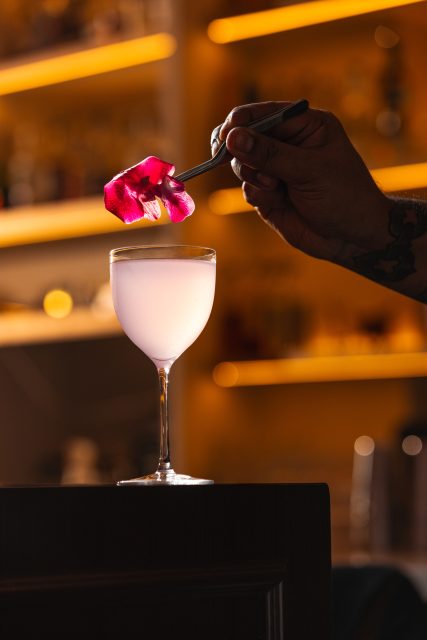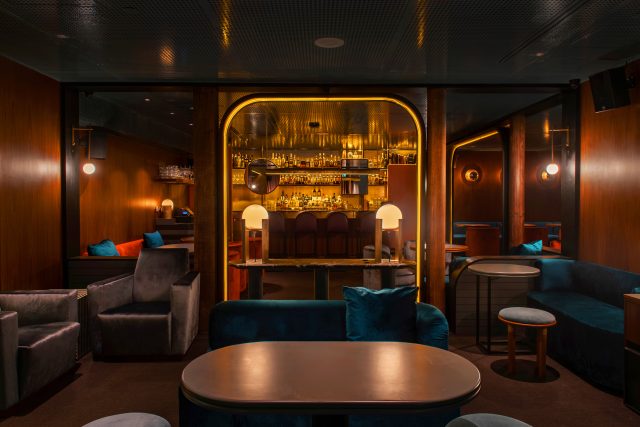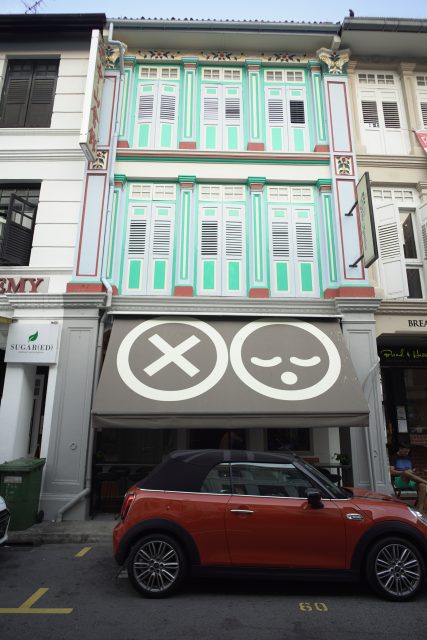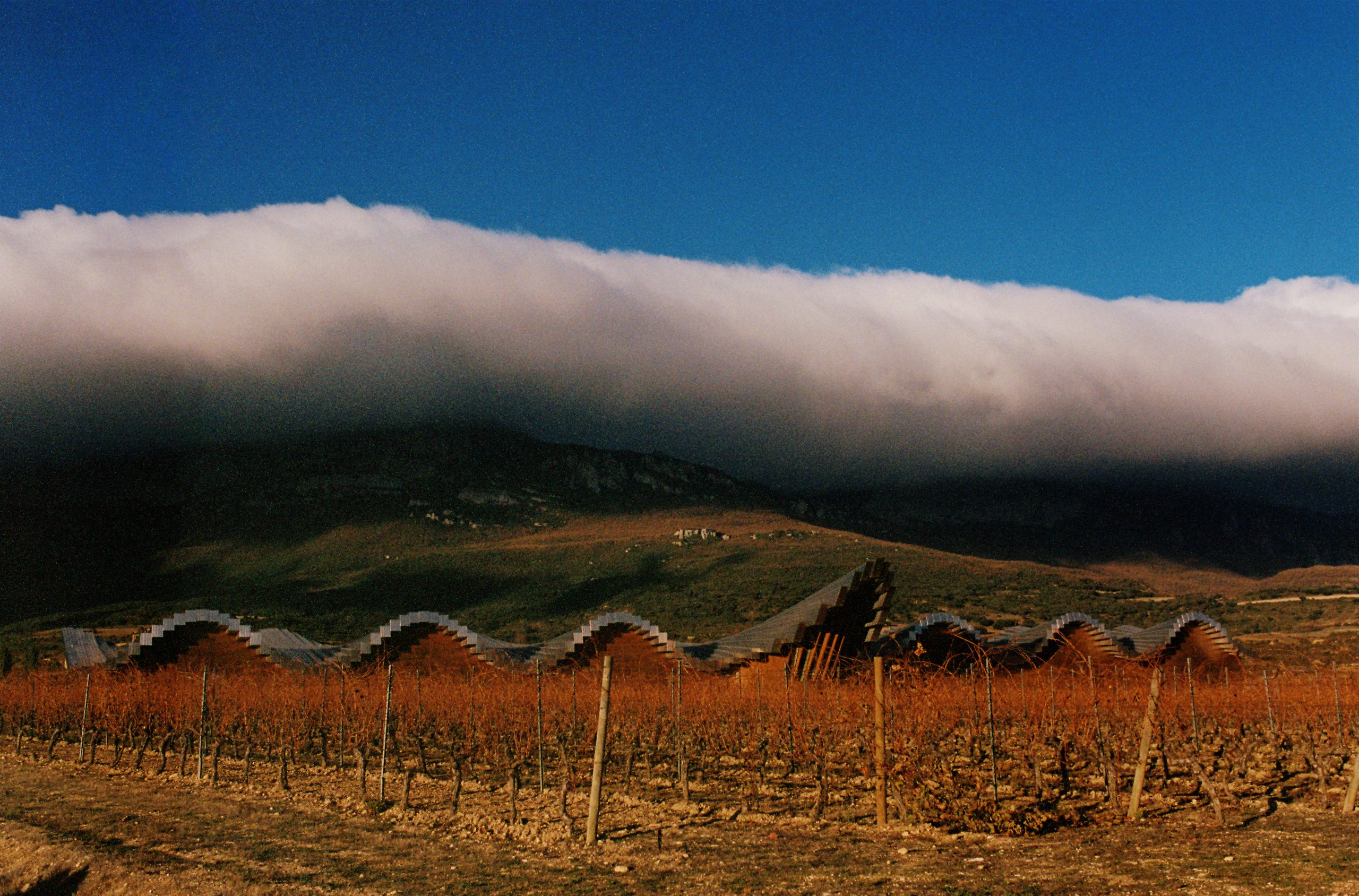Can Singapore’s bar scene hold out in the face of adversity?
From staffing shortages to rising rent, Singapore’s bar industry stalwarts weigh in on the challenges ahead and how they plan to address them. Nimmi Malhotra finds out more.

Last year was busy for the Singapore bar industry, with a spate of new menus and guest shifts. Every month, we witnessed a new bar opening – independent or hotel-owned– across the island. In addition, the city hosted the SG Cocktail Festival and played host to the World’s 50 Best Bars (and claimed four spots on the coveted list) as well as Bar Convent Berlin’s first Asian edition, attracting the drinks industry from far and wide.
But despite the stellar year, the industry faces some key challenges in 2024. “Economic uncertainties, rising cost of living, increased rental expenses and potential manpower issues collectively contribute to a challenging environment,” says Vivian Pei, vice-president of Singapore Cocktail Bar Association and the former senior academy chair — World’s 50 Best Bars.
Staffing remains the most significant pain point. “The Singapore government still does not understand the dynamics of the hospitality industry,” says Pei. “The highly restrictive work quota presents a major staffing headache for venues.” Bars fail to attract enough local talent as many Singaporeans do not consider bartending a covetable career option. As a result, the industry relies heavily on international talent who must navigate stringent government controls on work visas.
Some industry heavyweights are more hopeful about staffing challenges. Colin Chia, who operates Nutmeg & Clove, Last Word, and the newly opened Taiwanese cocktail-on-tap concept Draftland amongst its top draw, hopes to “reshape the perception of young individuals” and inspire them to join the hospitality industry.
Also, he says collaboration with government bodies such as the Ministry of Manpower and the Singapore Tourism Board is key. “Their support is crucial, particularly in navigating the complexities of hiring foreign professionals and address the pressing issues faced by the industry,” he says.

Indra Katano, co-founder and managing director of Jigger and Pony group, takes a more holistic approach. He says: “Staffing in Singapore will always be tight, so bars should strive to be the employer of choice”. The group has developed its platform, PONY Academy, for training and professional development and works closely with the government to develop recruitment and development programmes.
Partner Content
However, Pei, who works across bars of all sizes, is keenly aware that the smaller, independent bars with their limited financial resources and operational scale will face the brunt of these issues. “Higher operating expenses and rising rental costs add financial strain,” she says. “Collectively, these factors contribute to a potentially tougher environment for independent bars compared to their larger counterparts.”
And that’s not all. Singapore’s cocktail market is increasingly competitive with new entrants and progressive bar concepts, which include the recently launched four-storey modern playground White Shades on Boot Tat Street and mental wellness and health-inspired bar Spectre by industry veteran Andrew Pang.
“There is a lot of competition for cocktail dollars,” Pei says. “With more new bars due to open on the horizon, this will only continue.”
Besides internal competition, Juan Ji Jun, owner of the independent bar No Sleep Club, points out that Singapore has become much more expensive than its neighbouring Asian countries. “We noticed that tourists prefer to go to those countries to have better value for their money.”

Peter Chua, founder of independent micro-bar Nighthawk, predicted the Asian city competition in October last year when he won the best design awards in the World’s 50 Best Bars. He said: “I don’t see that as a problem. I see it as a good challenge. We in Singapore have to prove what we are doing and show that we deserve to be where we are.”
So where to from here? “We have to be creative to survive”, says Jun, referring to the resilience and creativity these bars dipped into during the pandemic. “It’s no longer enough to be just a bar. The bar experience has to go beyond just a good drink and a bite.”
Related news
Q&A: Jason Ginsberg and Mandy Chan




